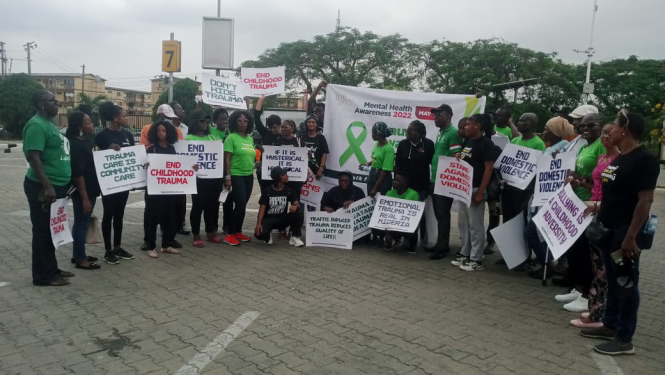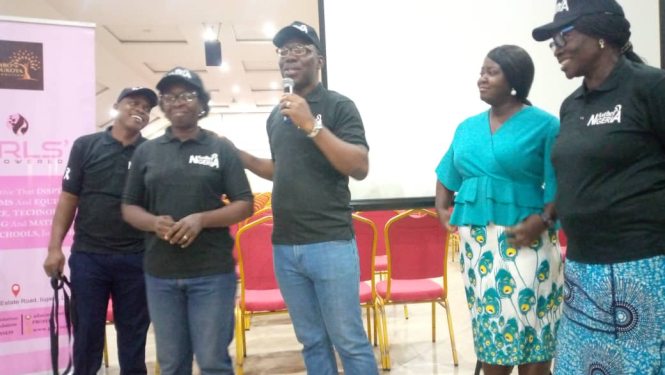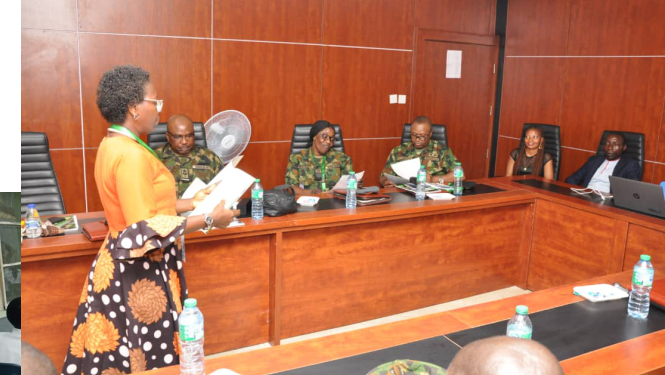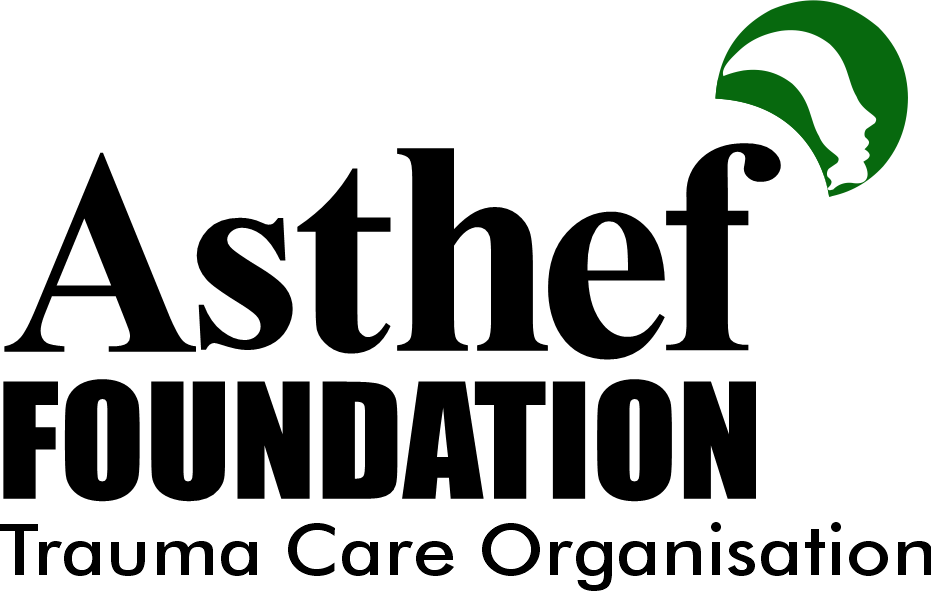A few words about
What We Do
Our Services
At ASTHEF, we offer a range of services designed to support trauma healing and emotional well-being.

C.A.P
Community Awareness Programme
Community Awareness Programme is a developed
trauma-informed approach to the community by the
community. This “Speak Out” programme is aimed at
increasing responder awareness of the impact that trauma can have in the communities where we live.
There are five principles that guide this approach:
– Safety.
– Trustworthiness/Transparency.
– Peer support.
– Empowerment and choice.
– Cultural, historical and gender issues.
This programme requires constant attention, caring
awareness, sensitivity and possibly a cultural change at
an organisational level. Community Awareness
Programme has two phases:
– Street-walk strategy.
– Meetings with Stakeholders.

S.E.E.P
Self Emotional Empowerment Programme
Self Emotional Empowerment Programme (for Youths/Teens). Statistics has shown that 60% of children are EXPOSED to trauma before the age of 16 years and over 30% are exposed to multiple traumatic events. The SEEP Package is designed to reach out to the traumatised youths and teenagers in various Schools, Churches and the Community at large.
At a recent seminar on “Teenage Sexuality and Relationships” in a particular school, some of the questionnaires filled by the students blew my mind:
– A teenager involved in homosexual practice.
– A teenager that has been having sex from the
age of nine years old.
– A teenager planning a suicide mission, and lots
more.
There is need for all to wake up!

T.C.C
Trauma Care Centre (Healing Group).
The purpose of Trauma Care Centre is to create a Platform where individuals can be offered skills and strategies to assist them in understanding, coping with, and processing the emotions and memories tied to traumatic experiences with the end goal of enabling such an individual create a healthier and more adaptive meaning of the experience that took place in the first place.
The strategies of this interactive Healing group include:
– Expecting unexpected responses.
– Employing thoughtful interactions.
– Being specific about building hope in individuals.
– Promoting predictability and consistency.
– Teaching strategies to “change the channel” –
going through the right process of T.E.A.R:
T – Tragedy. It is inevitable! Life is full of ups and downs. You must admit it is just a part of life, not your whole life. You can’t live the rest of your life in regret and the blame game.
E – Experience. The experience is painful but you must learn to EXPRESS it. Bottled pains can burst. A painful experience without expression leads to depression. Don’t keep silent; speak out! There is healing in sharing.
A – Adjustment. Adjustment starts from the mind (right thinking).
Traumatic reaction is an abnormal function of the mind and the reasonable way to address it, is to reason in an “able” way. Meditation is the greatest Medication!
R – Rewrite. Rewriting your story is the beginning of a new journey. When you take conscious effort towards making your life better in spite of your bitter experiences, it shows you have overcome the FEAR of the pain of the past.

TRAINING
Training
Mental health issues are becoming increasingly
common in our world today, affecting people, irrespective of their age, background, gender and abilities, without discrimination.
The best way to help those who are suffering from some form of mental health issue is to be informed and aware of the problem and how it can manifest.
A mental health awareness training is a great way to go about this, arming you with an array of skills and knowledge that will ensure you are better equipped to support those around you.
Here are 4 benefits of taking this training:
– It provides a better understanding of how mental illness
can affect a person’s life.
– It can help to reduce the stigma of mental illness.
– It gives you confidence when helping those who are
suffering.
– It helps you to recognise the early signs and risks of
mental illness.

Mentoring
Mentoring
The purpose of mentoring is to help mentees tap into the knowledge of those with more experience than themselves and learn faster than they would on their own. It’s also an opportunity to grow their network and connect with leaders rather than only their peers.

Networking
Networking
Networking with other trauma care and stress management organisations to build connections and strong synergies for a better reputation, increased visibility, a stronger support network and more social bonding.

Awards
Awards
Appreciation and recognition are powerful motivators leading to an increase in performance, productivity and morale. For these reasons, one of our objectives is to appreciate people and organisations who impact the society positively





